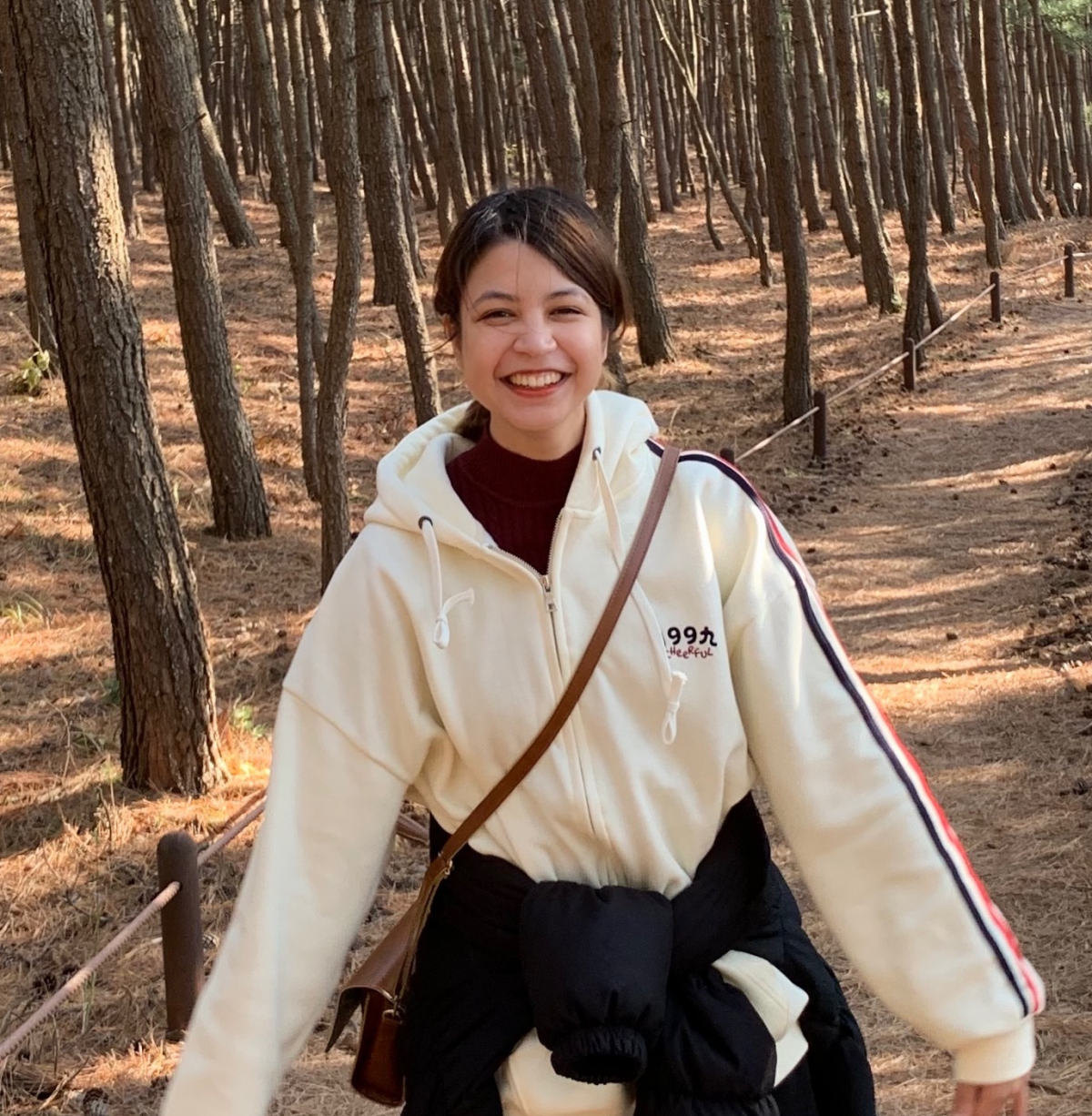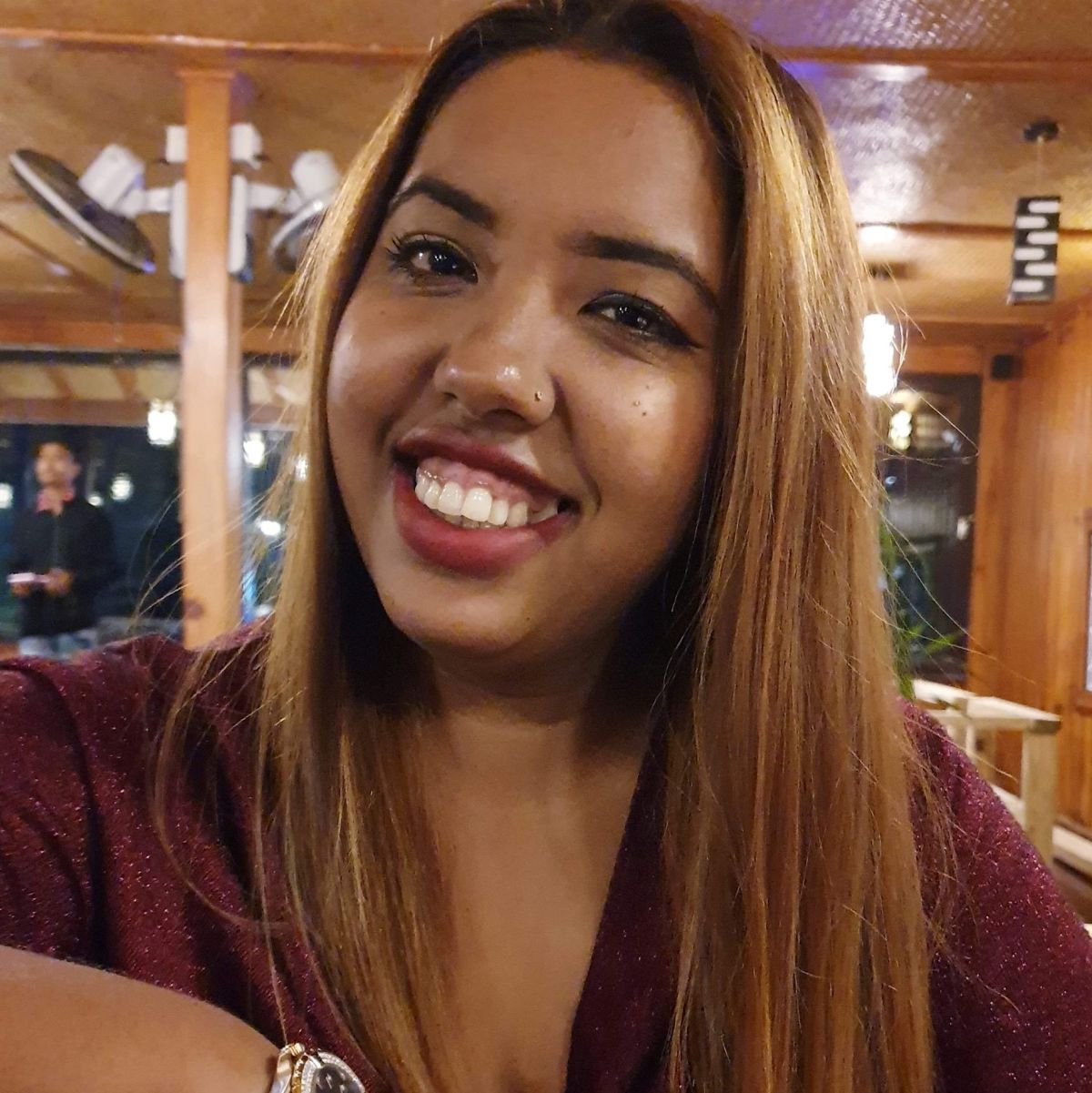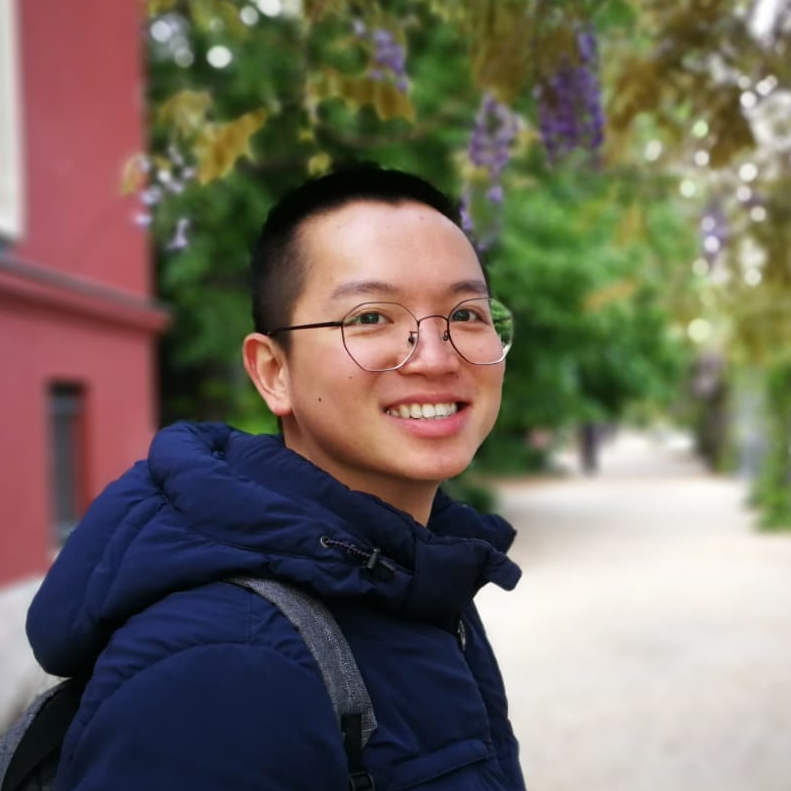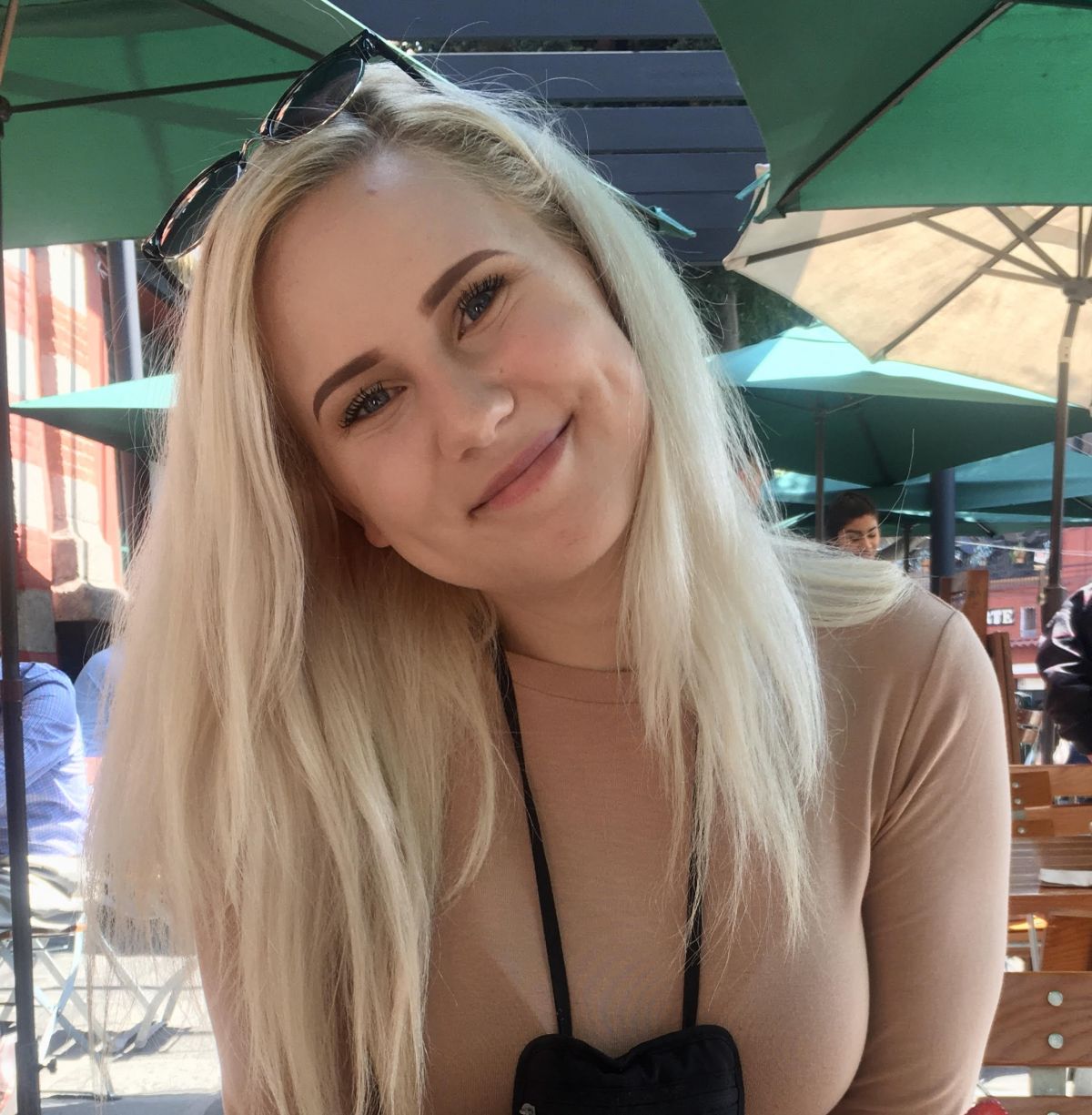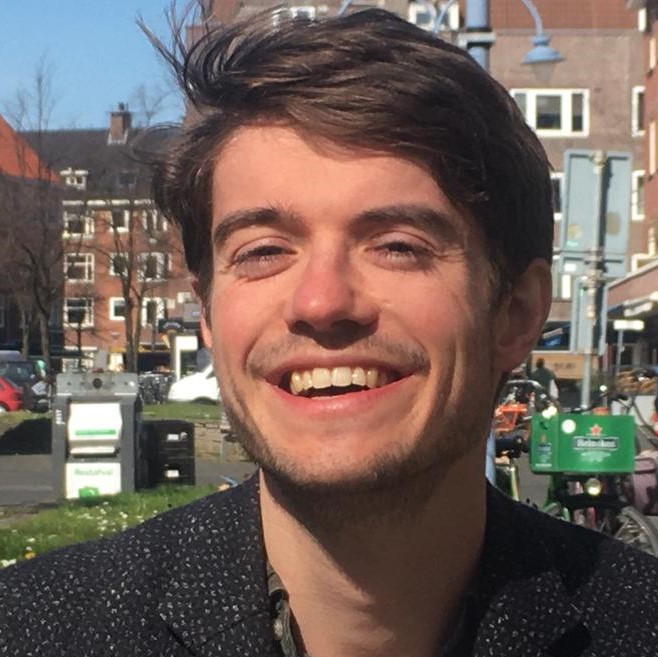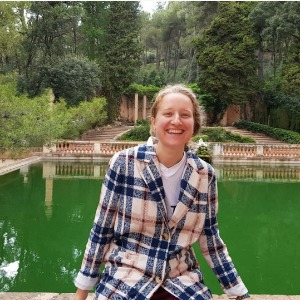Notizie del Corona Virus da Seul
I sud coreani indossano le mascherine a causa del forte di inquinamento, o quando hanno il raffreddore, o per altre più semplicemente per nascondere i loro volti gonfiati in seguito ad una chirurgia estetica. Poi un giorno uscì la notizia della diffusione di un nuovo virus a Wuhan in China. L’inaspettata serietà di questo virus mi ha personalmente colpito solo quando iniziai a cerca delle mascherine senza essere in grado di trovarne nessuna.
South Korea, Eastern Asia
Story by Veronica Burgstaller. Translated by Sati Nunziati
Published on April 8, 2020.
This story is also available in 



Listen to this story:
Le mascherine sono sempre state facilmente disponibili in Corea del Sud, quei negozi a poco che si trovano ogni cento metri. I sud coreani indossano le mascherine a causa del forte di inquinamento, o quando hanno il raffreddore, o per altre più semplicemente per nascondere i loro volti gonfiati in seguito ad una chirurgia estetica.
Poi un giorno uscì la notizia della diffusione di un nuovo virus a Wuhan in China. L’inaspettata serietà di questo virus mi ha personalmente colpito solo quando iniziai a cerca delle mascherine senza essere in grado di trovarne nessuna. Tuttavia, vedendo quelle di cotone penzolare dagli scaffali, scioccamente ho pensato di tornare a comprarle il giorno seguente, solo per scoprire che erano scomparse senza lasciare traccia. Era circa la metà di Febbraio. Ad oggi tutti i Paesi in giro per il mondo stanno affrontando una crisi per quanto riguarda le mascherine. In Corea del Sud il governo ne ha preso il controllo della fornitura. Abbiamo ricevuto uno di quei messaggi di emergenza sui nostri telefoni che ci avvertiva quale farmacia nelle nostre vicinanze vende mascherine. Perciò durante le pause pranzo si vedono persone in fila davanti alle farmacie che si procurano pacchi da dieci pezzi mostrando la carta di identità. Nessuno può prenderne più di quanto gli è stato assegnato e tutto viene archiviato nel sistema. Una sfortuna per tutti gli stranieri con un visto turistico o per gli immigrati illegali.
Sicuramente stiamo tutti desiderando che un vaccino sia trovato al più presto e che le nostre vite tornino presto ad una sorta di normalità, ma credo che questa crisi possa averci dato dei benefici inaspettati. Come prima cosa, dopo aver vissuto a Seul per circa tre anni, ho notato che i sud coreani non tossiscono coprendosi con le mani o sulle maniche, e quindi ti ritrovi coperto di muco e mocci uscendo dalla sovraffollata metropolitana. Questo vuol dire che quando qualcuno ha il raffreddore puoi aspettarti, qualche giorno dopo, che mezza Seul se lo sia preso. Non perché non gli sia stato insegnato da bambini come comportarsi in merito, ma sembra piuttosto una cosa di cui non tengono troppo conto. Nonostante tutto, ad oggi, tutti starnutiscono educatamente nella piega del gomito e prendono distanze quando tossiscono. Sperando che questo comportamento continui anche senza COVID-19.
Più importante è l’enorme differenza che si nota nella qualità dell’aria. Solitamente la primavera è la stagione con la peggior condizione di inquinamento atmosferico a Seul, ma la sospensione del lavoro di molte fabbriche e la diminuzione della circolazione delle macchine hanno avuto un effetto visibile sulla sua qualità. Certo, non posso più partecipare alle mie classi serali di Taekwondo, perché tutte le attività di gruppo sono state proibite, ma posso andare a correre lungo il canale senza preoccuparmi del fatto che, in condizioni normali, questo mi avrebbe fatto più male che bene.
Nelle prossime settimane Seul sarà una città più tranquilla, attraverseremo questi tempi e come dicono i coreani quando cercano di tirare su il morale a qualcuno: “Combattiamo!”
How does this story make you feel?
Follow-up
Do you have any questions after reading this story? Do you want to follow-up on what you've just read? Get in touch with our team to learn more! Send an email to [email protected].
Talk about this Story
Please enable cookies to view the comments powered by Disqus.
Subscribe to our Monthly Newsletter
Stay up to date with new stories on Correspondents of the World by subscribing to our monthly newsletter:
Other Stories in Italiano
Explore other Topics
Get involved
At Correspondents of the World, we want to contribute to a better understanding of one another in a world that seems to get smaller by the day - but somehow neglects to bring people closer together as well. We think that one of the most frequent reasons for misunderstanding and unnecessarily heated debates is that we don't really understand how each of us is affected differently by global issues.
Our aim is to change that with every personal story we share.
Community Worldwide
Correspondents of the World is not just this website, but also a great community of people from all over the world. While face-to-face meetings are difficult at the moment, our Facebook Community Group is THE place to be to meet other people invested in Correspondents of the World. We are currently running a series of online-tea talks to get to know each other better.











